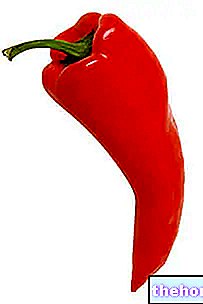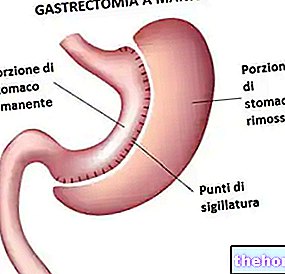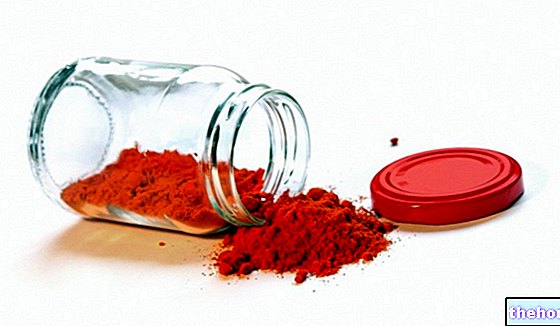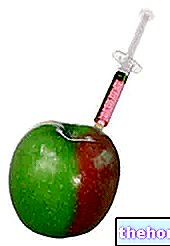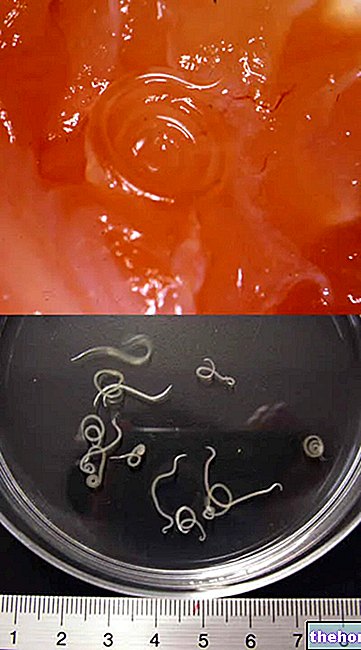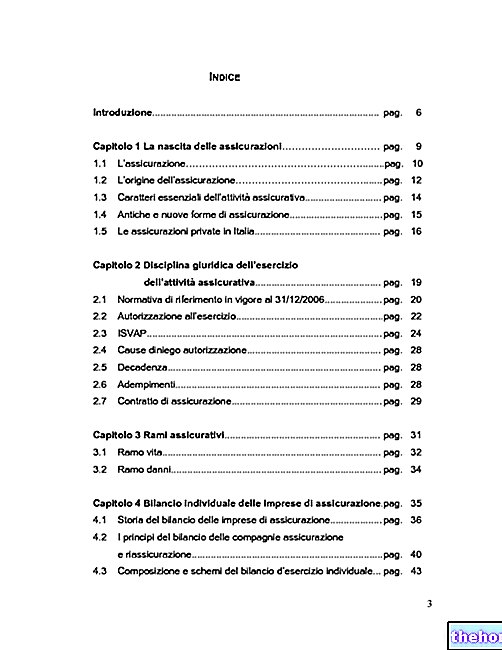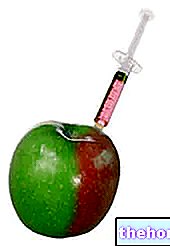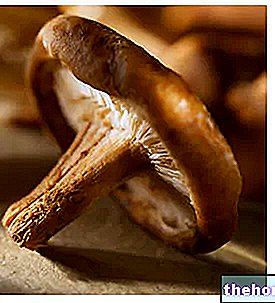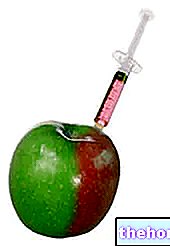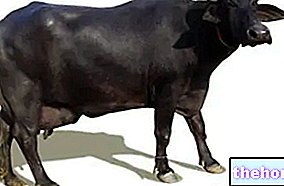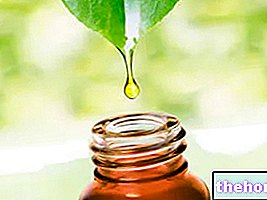See also: natural remedies for gastritis
Medical therapy
For further information: Drugs to cure the ulcer
It is used to achieve the following objectives: resolution of symptoms, healing of the ulcer lesion and prevention of relapses and complications.

Although dietary measures alone do not have significant effects on ulcer healing, it is advisable to reduce the intake of foods containing xanthines (coffee, tea, coca-cola) and alcohol. The patient should be encouraged to have a regular "diet with light snacks in between meals."
In most cases, the peptic ulcer heals after therapies with drugs that buffer or inhibit gastric acid secretion (antacids, histamine H2 receptor antagonists, proton pump inhibitors) or with drugs with direct protective activity on the mucosa (sucralfate, tricitrate of potassium bismuth).
Antacids carry out their action by neutralizing gastric acidity and inhibiting the activation of pepsinogen. This implies that the effectiveness of antacids is obtained only with the systematic and frequent intake of the drugs (on average 4 times a day) and in high doses. The intake of antacids can hinder the absorption of other drugs: anticoagulants, digitalis, antibiotics, quinidine, steroid hormones, anticholinergics, barbiturates, salicylates, vitamins, trace elements; to avoid drug interactions, it is advisable to separate the administration of these drugs from that of antacids by at least 2 hours.
Long-term medical therapy
Although peptic ulcers can heal rapidly thanks to the efficacy of the drugs mentioned above, ulcer recurrence is frequent if therapy is interrupted; approximately 80% relapses are observed one year after discontinuation of treatment.
In an attempt to prevent ulcer relapses, patients are subjected to maintenance therapies with drugs that inhibit gastric acid secretion (H2-antagonists and proton pump inhibitors): low doses of these drugs, taken continuously, have been shown to be effective in reducing the frequency of relapses and the incidence of complications.
The discovery of the clinical importance of Helicobacter pylori gastric infection, due to its high prevalence in ulcer disease patients, has provided the opportunity to modify the natural history of the disease since, when the infection is eradicated, the recurrence of ulcer, both duodenal and gastric, is less than 2% after one year. At the same time, eradication also reduces the complications of peptic disease, including haemorrhage.
Since most ulcers have been shown to be due to chronic Helicobacter infection, peptic ulcer therapy that does not involve eradication of the infection is not considered complete. There is consensus on the need to submit all patients affected by ulcer and infected with that bacterium to eradication therapy, regardless of whether the ulcer is in an active form or in the healing phase. Currently the therapy of choice is considered the association of an acid-suppressor drug (proton pump inhibitor, or ranitidine, or bismuth citrate), with two antibiotic drugs chosen from amoxicillin, clarithromycin and metronidazole, administered twice a day for a week. .
Surgical therapy
Surgical intervention is indicated in the presence of ulcers refractory to therapy, especially if arising in the stomach, or relapsing, which involve severe painful symptoms and severely limit the patient's quality of life; or if there is even a slight suspicion of a malignant nature of the "ulcer, even in case of negative histological findings; or even if the patient demonstrates poor acceptance of medical treatment.
Serious complications are also an indication for intervention: conspicuous or recurrent haemorrhage, perforation, occlusion due to adhesions between the scars of the ulcer. The overall post-operative mortality in elective interventions is 1%, but reaches 10-20% in the case of emergency interventions for bleeding or perforating complications.
The purposes of the interventions that are performed for the treatment of peptic ulcer are:
- remove the ulcer by resecting the last portion of the stomach and the duodenal bulb (see gastrectomy)
- reduce gastric acid secretion by severing the gastric branches of the vagus nerve
Surgical interventions in elective conditions for the treatment of peptic ulcer have decreased dramatically in the last 20 years, since the use of H2-blocking drugs and omeprazole began.
Other articles on "Peptic Ulcer Therapy"
- Duodenal ulcer
- Peptic ulcer
- Grastic ulcer
- Medicines to Treat Ulcer
- Ulcer: herbal medicine and natural remedies




